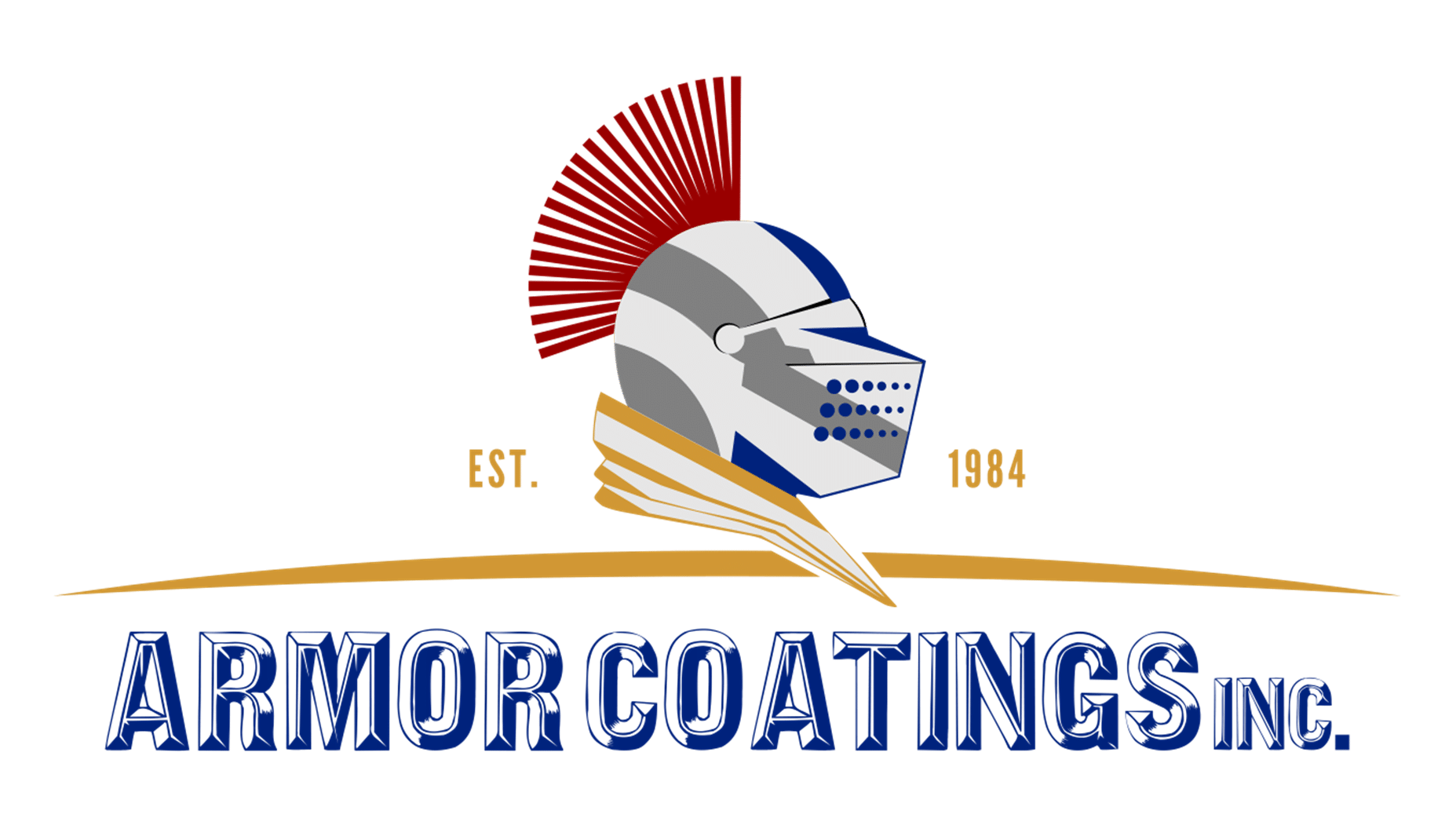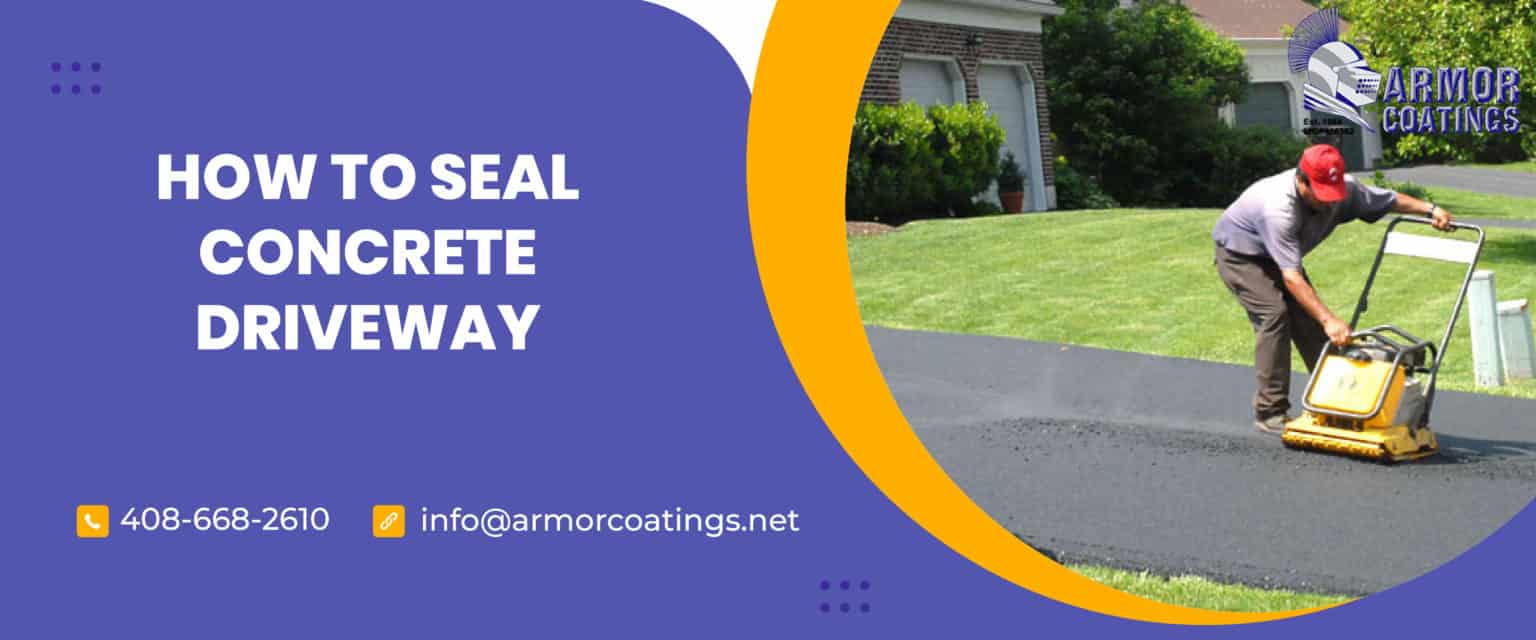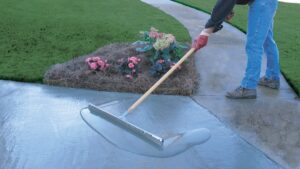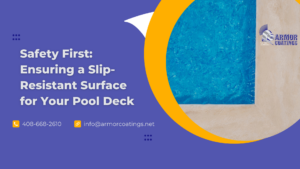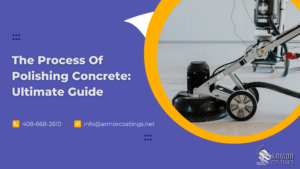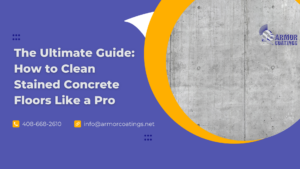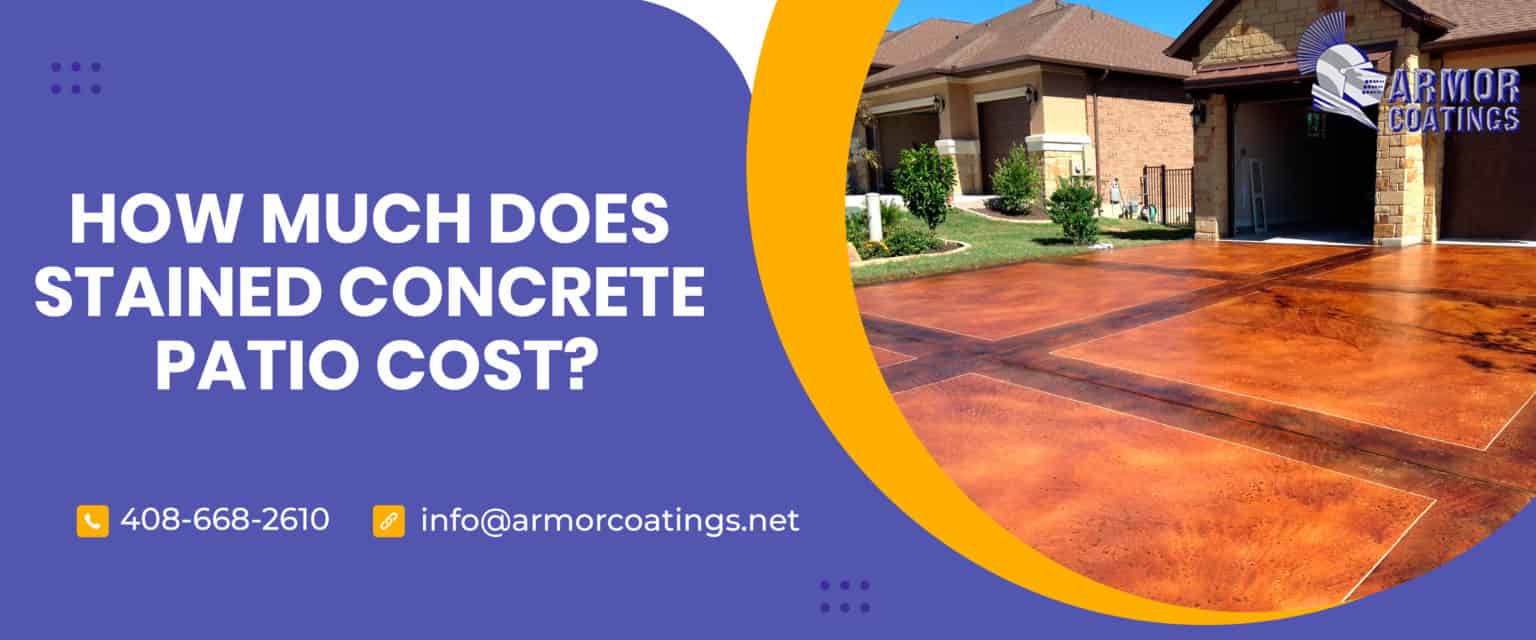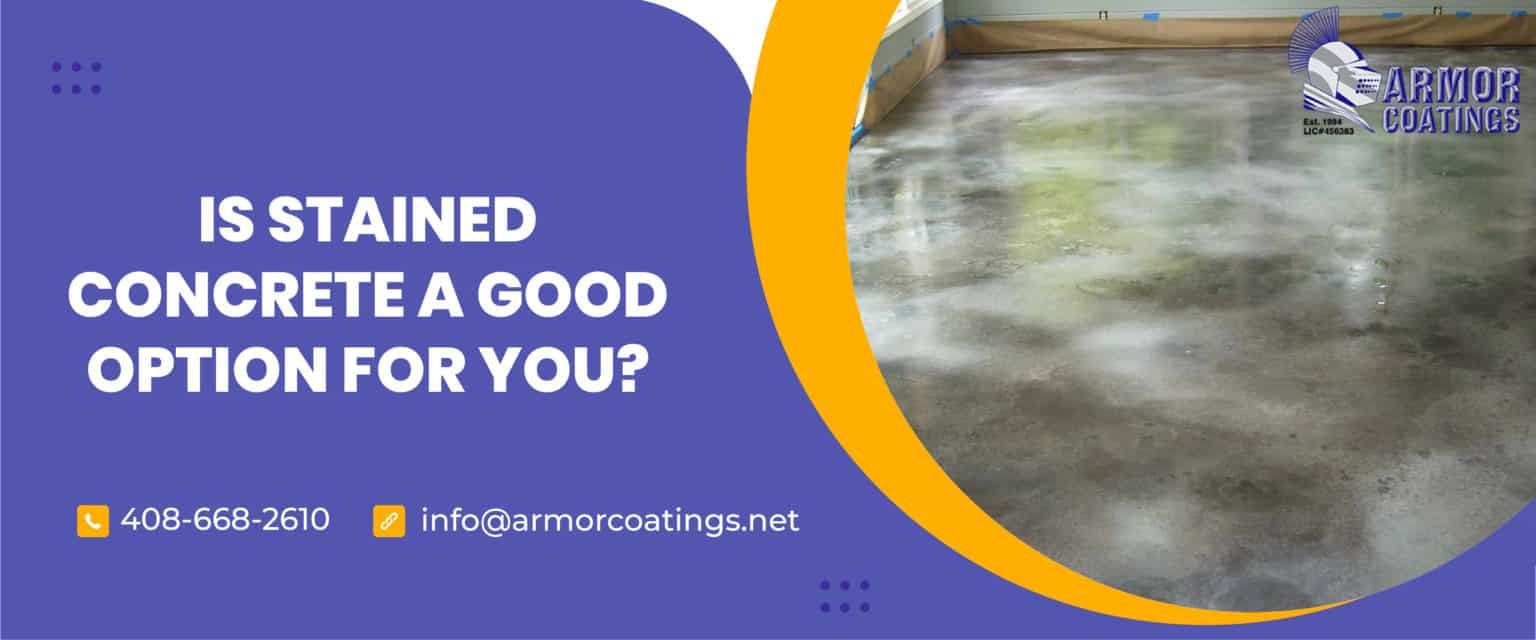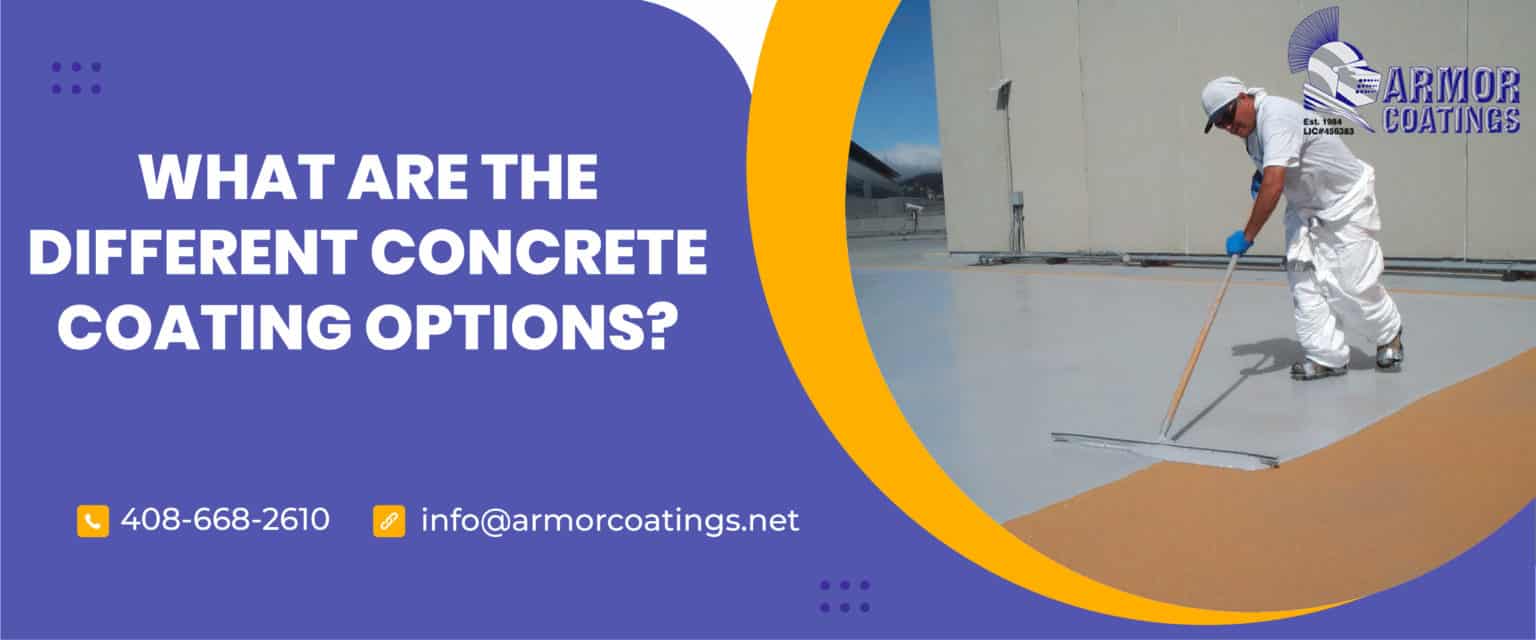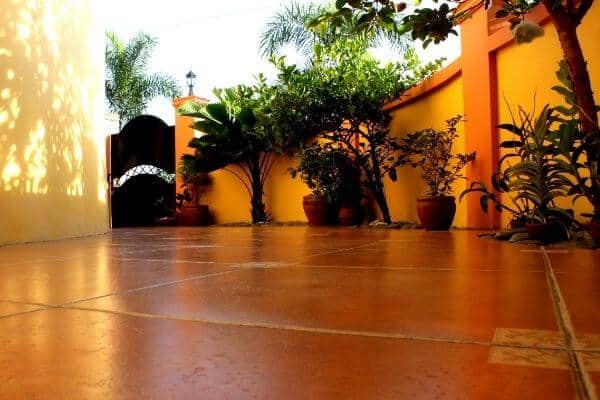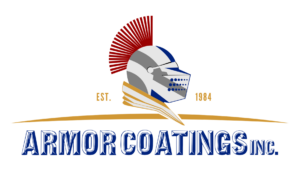Concrete driveways are among the most abused concrete surfaces. They are exposed to chemicals from shoes and tires, handle freeze/thaw cycles, harsh UV rays, and take frequent human and vehicle traffic. If you don’t invest in a quality sealer for your concrete driveway, its lifespan is shortened because of the different pressures that occur in driveways. Eventually, it’ll crack, chip, scratch, and lose the vibrancy it has over time. Fortunately, there are plenty of ways you can seal your concrete driveway to make it look good as well as strengthen it for abuse.
At Armor Coatings, we have dealt with concrete driveway sealing options for many years in San Jose & Cupertino to understand what works and what doesn’t. Everything usually goes down to a balance between performance and aesthetics for most property owners. Before you read and learn the sealing options we vouch for, here’s why it’s important to seal your concrete driveways.
Why Concrete Driveway Sealing is Beneficial
- Sealing your concrete driveway prolongs its service life because a good sealer protects it against moisture seepage, direct UV rays attack, freeze and thaw effect, among other damaging factors.
- A concrete sealer improves the aesthetic appearance of your concrete driveway. You can use a decorative sealer that not only shines but matches the theme of your property.
- Applying a sealer is simple and quick. A standard property driveway will take a few hours to complete yet its value lasts long (even a decade depending on which one you use). While you can do it on your own as a DIY project, we recommend hiring a professional installer for the best results.
- You don’t need to invest in expensive equipment to apply a sealer on the surface of a concrete driveway.
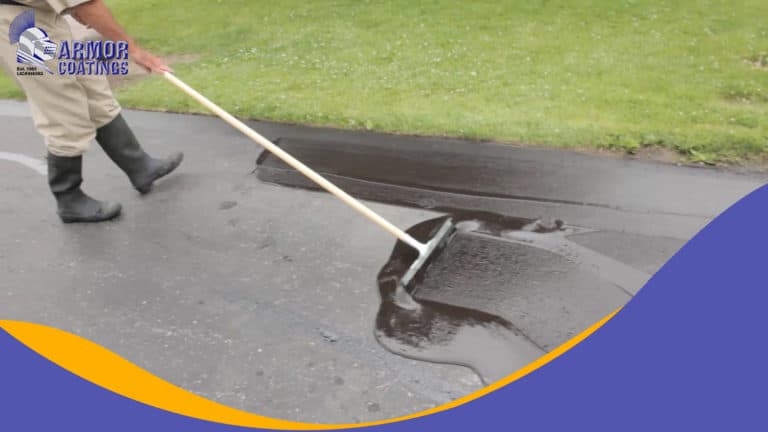
Consider the Following Types of Concrete Sealers
Apart from SAP, there are additional considerations to help you get the perfect concrete sealer for your driveway. Essentially, the reason you want to invest in a concrete sealer is to protect against discoloration, staining, and freeze/thaw cycles. But then, the sealer you choose will also greatly be impacted by how porous your floor is. Here are some interesting sealing choices you have:
Cure and Seal Products – These types of sealers are applied on freshly applied concrete surfaces. If this is your situation, then you should go with cure and seal products. They penetrate your new laid concrete surface to help retain moisture that promotes slower curing. That makes it possible to get a durable floor surface for the future. The cure and seal sealant can last up to three years.
- Matte Finish
- Wet Finish
- Super Wet Finish
Penetrating Sealers – These sealers are applied on already cured concrete surfaces. As the name suggests, they penetrate the floor, soak and bond into the upper layer of the concrete slab to improve its durability. Penetrating sealers are an eco-friendly option that is capable of lasting for up to a decade with a single application. This depends on the quality of the product you choose.
Mold Inhibitors – For those that live in humid places, you can go with mold inhibitors that help protect against mold and mildew growth. If your roof is made of concrete, it’s also a great pick as a sealer.
Surface Effects – If you are looking to add special effects to your concrete surface, then surface effect sealants should be your choice. Also, if you’ve installed an acid stain, water-based stain, dyed, or used any other chemical on it prior to sealing, you should get a sealer that is compatible with the type of flooring you have.
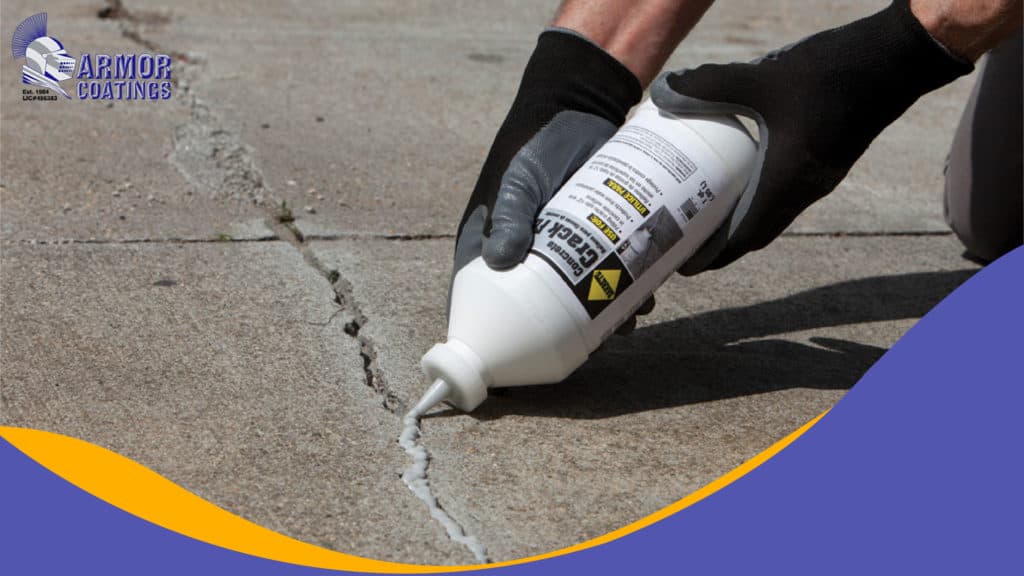
When You Are Ready to Apply Your Concrete Driveway Sealer…
- We make sure the driveway surfaces are clean first. That means sweeping away and removing all the debris, dust, including grass, and loose concrete particles.
- Remove rust, grease, and any staining you see on the surfaces. Grease can hinder the effectiveness of your concrete sealer. Also remember if you are going to use a transparent sealer, having stains on the floor will affect the aesthetics of your driveway.
- Mopping ensures there’s no dirt remaining on the surface of your concrete. This also gets rid of any available chemicals. Ensure it drys up before applying your sealer.
- Use your sealer as a repair solution by filling cracks and scratches on the ground. Let the sealer dry then apply another coat over the initial one for the perfect results.
